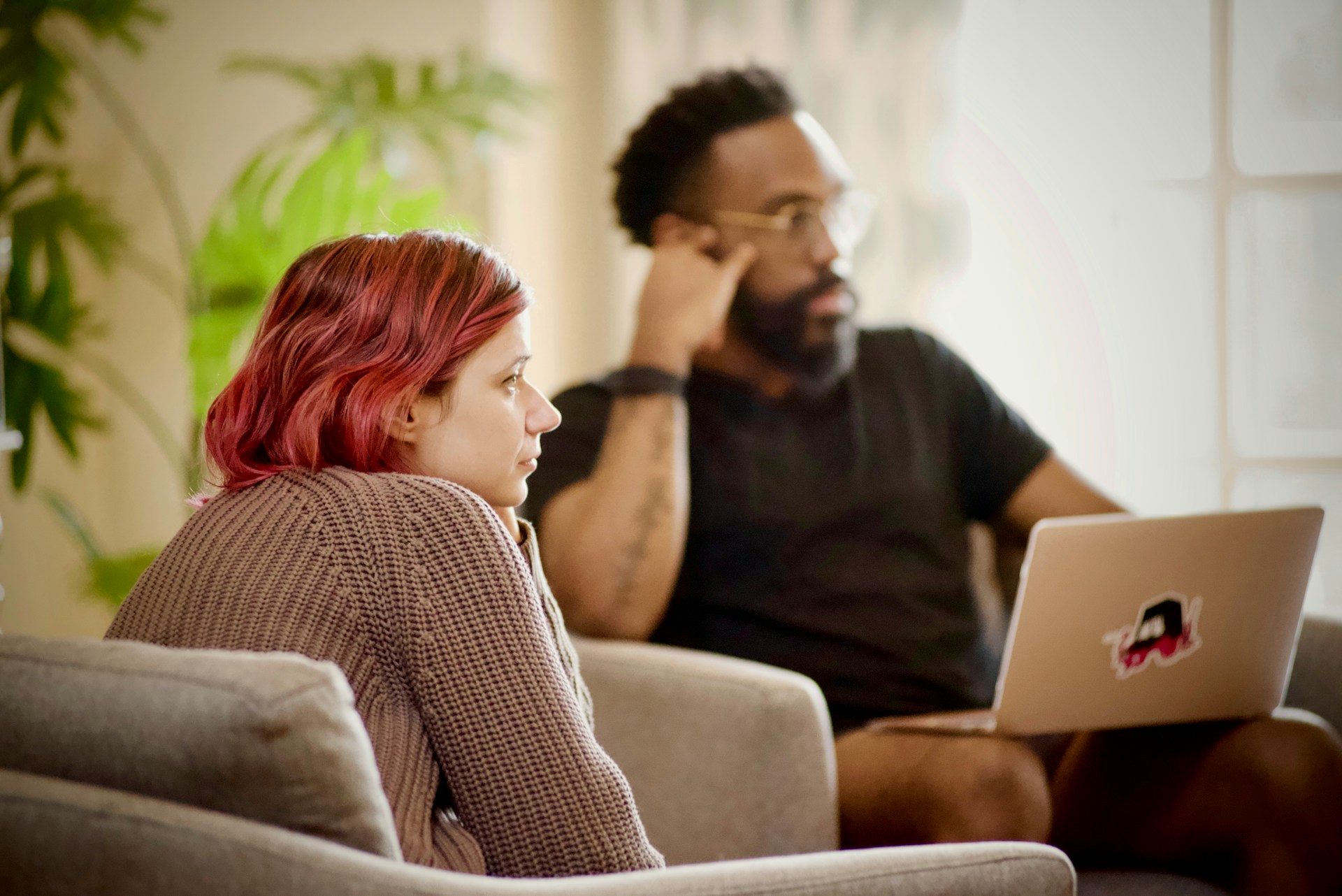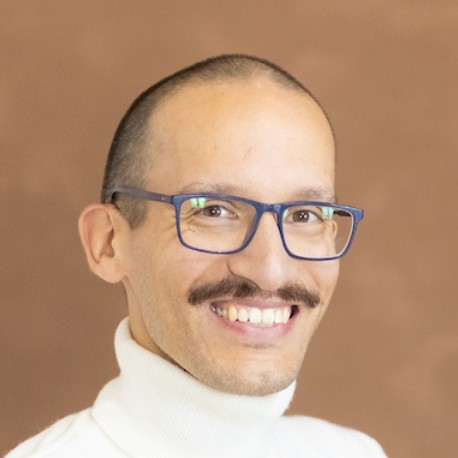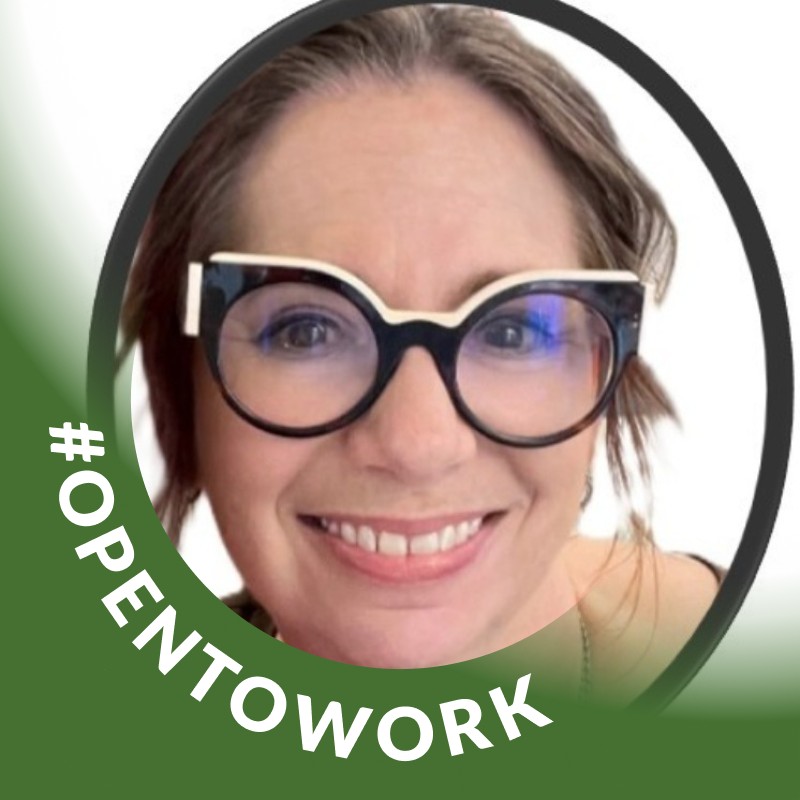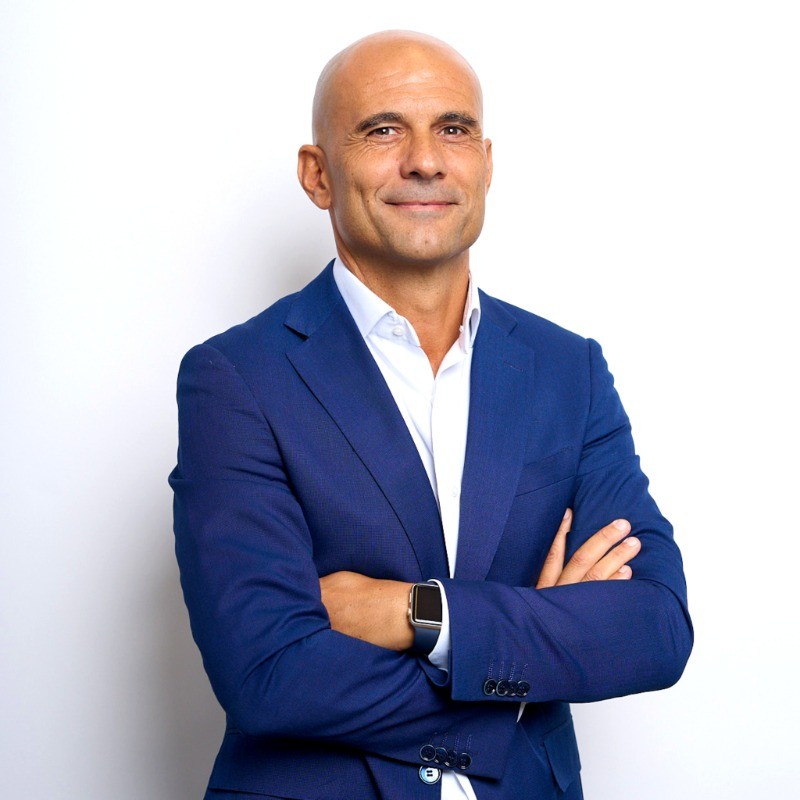Interview with
Empathy & Listening as a superpower to balance business needs and people development, enabling a sustainable HR culture

Empathy & Listening as a superpower to balance business needs and people development, enabling a sustainable HR culture.
In this interview with Mirko Fabiani, HR Director at SYS-DAT and coach & mentor at Pack, we explore how he has integrated coaching into his professional identity as an HR Leader. From empathy and listening as true superpowers, to the role of coaching in balancing business and people, Mirko reveals the pillars of his approach and his vision for a more evolved and sustainable HR culture.
Contents
- What led you to integrate coaching into your professional identity as an HR Leader?
- How does your HR experience enrich your approach as a coach (and vice versa)?
- What are the pillars of your coaching style?
- How does coaching translate, in everyday practice, within an organization?
- What do you observe when a person is really “ready” for a coaching journey?
- Do you have an example of a turning point you experienced in coaching that left a mark on you?
- Do you have a ritual, a guiding question, or a practice that you always bring into your coaching journeys?
- What role does coaching play in building an evolved and sustainable HR culture?
- If you could change one thing about the way companies experience coaching today, what would it be?
1. What led you to integrate coaching into your professional identity as an HR Leader?
It has been an evolution, from initial curiosity to a later awareness that the coaching mindset is the path to follow in order to maintain one’s own balance in motion. If with coaching we can support others in their journey, at the same time, from session to session, we acquire new elements to become more centered and become our best version.
2. How does your HR experience enrich your approach as a coach (and vice versa)?
HR is the function that must ensure the achievement of the organization’s goals, taking care of the People aspect. The focus is therefore on Business. With coaching, the focus shifts to people and the achievement of their goals within the organization. This allows for a perfect match between the two worlds and a broader focus on People and Organization. It is not simple, and that is why I define HR Coaching as a superpower
3. What are the pillars of your coaching style?
Definitely empathy and listening. When I start a journey with a new coachee, I immediately try to build empathy so that the person feels in a safe environment, where they can let go and work in total serenity. Listening is the next step, which makes the coachee perceive that they are not alone and allows me to enter the flow in order to really be at their side throughout the journey.
4. How does coaching translate, in everyday practice, within an organization?
By truly bringing the values of coaching into everyday behaviors, with every person in the organization. And therefore, being empathetic, knowing how to listen, not leading but standing alongside people, supporting them and stimulating them with “powerful questions.” Creating safe environments where people know they can let go and explore themselves when needed. But above all, spreading the coaching mindset within the organization so that anyone can act as a coach for those who need it.
5. What do you observe when a person is really “ready” for a coaching journey?
It is said that not everyone is “coachable.” I believe that coaching can be for everyone, but for all those who are ready to begin a journey of inner exploration. If you are not willing to put yourself on the line, coaching is useless. I borrowed this maxim from a colleague and friend I admire: “useful coaching is not easy, easy coaching is not useful.” If you are not ready to face a journey that might not be easy, then it is not yet your coaching time.
6. Do you have an example of a turning point you experienced in coaching that left a mark on you?
I have been fortunate to experience several situations of important change during the journeys with my coachees. Since these were professional coaching paths, they were turning points in that sense. From those who reached the awareness of wanting to change their work environment, to those who found their center and achieved their professional dream thanks to a new awareness of themselves and their abilities. As a coach, it was a joy to see that the journey we took together brought the coachees to where they wanted to arrive.
7. Do you have a ritual, a guiding question, or a practice that you always bring into your coaching journeys?
I usually always ask what the achievement of the goal that the coachee brings into the session is functional for. It may seem obvious, but it is very useful because, in some cases, they realize during the session that this is not actually the true goal they are aiming for. This leads to an awareness that generates serenity and frees the mind and soul to aim for new goals.
8. What role does coaching play in building an evolved and sustainable HR culture?
I don’t want to repeat myself, but I return to what I said in the answer to question 2. More and more organizations are becoming complex, because people are complex. More and more HR needs a superpower… HR Coaching! Embedding and spreading the coaching mindset makes it possible to enable a broad-spectrum HR culture, to maintain focus both on business needs and on people’s needs. This makes it possible to remain sustainable over time.
9. If you could change one thing about the way companies experience coaching today, what would it be?
I believe that today coaching is still perceived more as a tool for those who need to “solve problems” rather than for those who can unlock potential. Therefore, we still have many people in our organizations waiting to be supported in order to let their talents flourish.
Similar posts
Ragione sociale: Pack Srl
Sede legale e domicilio fiscale: Via Marconi 45, Bologna (BO) 40122, Italia
CF e P.IVA: IT04040451207
Codice destinatario SDI: USAL8PV
N. Iscrizione Registro Imprese: 04040451207

.png)













